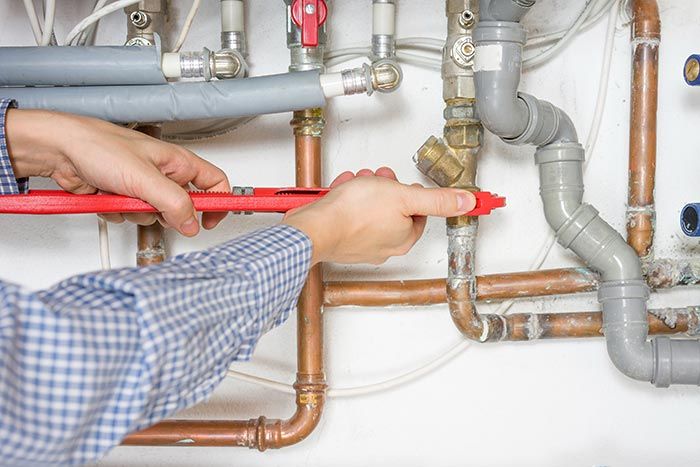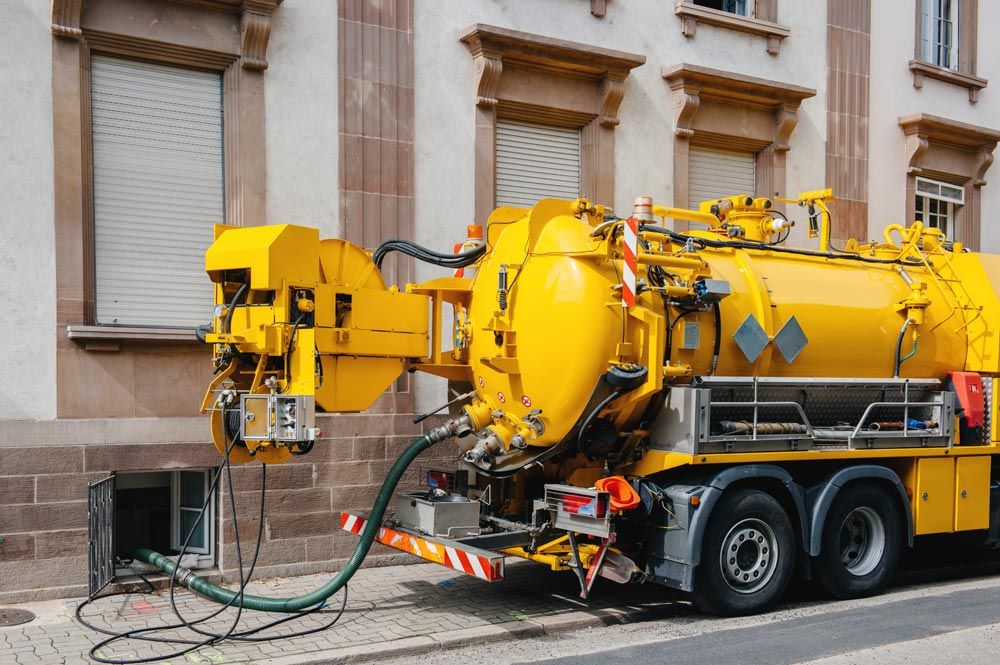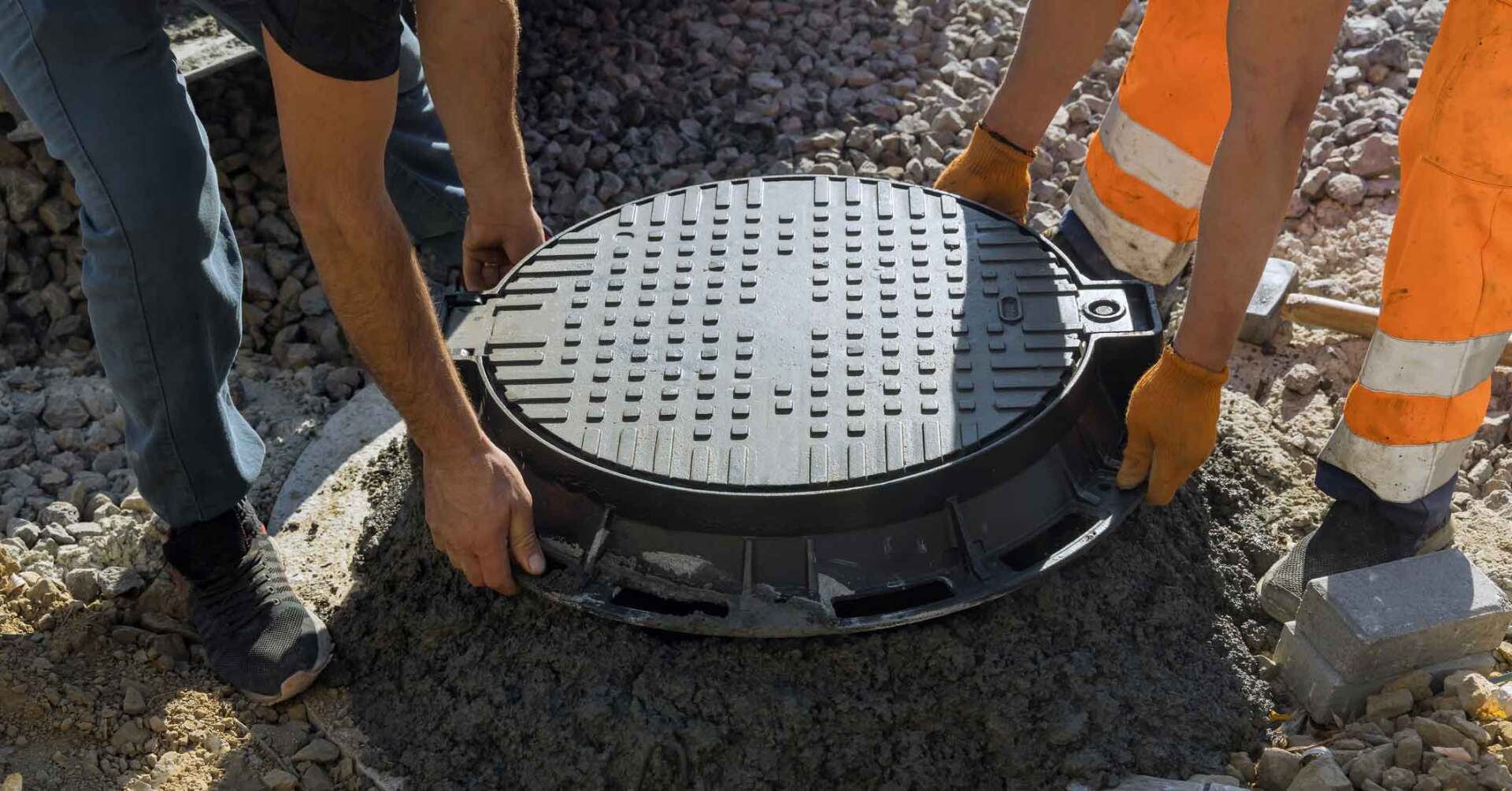You've probably heard that you should never pour grease down the drain because it can cause huge fat deposits, known as fatbergs, to form in public sewers. However, grease can be just as problematic for homes with septic tanks as it is for public sewer systems.
Here's a closer look at the problems putting grease down the drain can cause in a home with a private septic system - along with specific tips to keep grease out of your plumbing.
Even small amounts of grease put down the drain over time can cause problems to arise with your home's wastewater system.
Clogged Drain Pipes
Some homeowners assume that if the grease they put down the drain is liquid, then the grease won't cause problems. However, your drain pipes are generally cooler than room temperature. When the grease hits the cool pipe wall, the grease solidifies.
The grease may not immediately cause a blockage, but as small food particles get rinsed down the drain, they stick to the grease and eventually cause a complete blockage or clog.
Blocked Drain Field Lines
If the grease makes it down your drain pipes and into the septic tank, the grease will eventually build up to the point that it blocks the outflow lines through which wastewater is supposed to leave the tank and enter the drain field. These blockages can keep extra water from entering your tank; the water may back up into your home instead. Sewage backups are smelly, destructive, and contain infectious bacteria.
Grease-Saturated Drain Field
Sometimes, the grease may float down the drain field lines and out into the soil and gravel that compose the drain field. When this happens, the grease forms a coating over the soil particles.
This impedes the soil's ability to filter the wastewater as it should. You might end up with raw sewage in your yard as a result. Replacing a grease-logged drain field is an extensive project that may cost you thousands of dollars.
Tips for Keeping Grease out of Your Wastewater System
Keeping grease out of your drains is more complicated than pouring the bacon fat into the garbage rather than down the drain. Here are some additional tips to help protect your septic tank, drains, and drain field from the threat of grease.
Be Careful What You Put Down the Disposal
If you have a garbage disposal, make sure you do not put greasy foods, like fat trimmings from meat, down the disposal. Solid fats, like butter and liquid fatty sauces, should also never be put down the disposal.
Scrape Plates Before Washing Them
Many times, if there is a bit of butter or salad dressing on your plate when you are finished eating, that grease gets rinsed down the drain. This small amount may seem inconsequential, but teaspoons of fat and grease add up over time. Always scrape your plates into the trash before washing them if you have eaten anything greasy.
Remind Visitors That You Have a Septic Tank
If you have guests over who help you cook or clean up after a meal, be sure to remind them that you have a septic tank and that it's important not to put anything greasy down the drain or garbage disposal. This is especially important during the holidays when the kitchen can get busy as you cook huge family meals.
Following the tips above will help minimize the effects of grease on your septic system. Make sure you also have your system pumped approximately every three years to remove any greasy scum that does end up in the tank. Contact the experts at
The Nibbler Company to schedule your service today.





